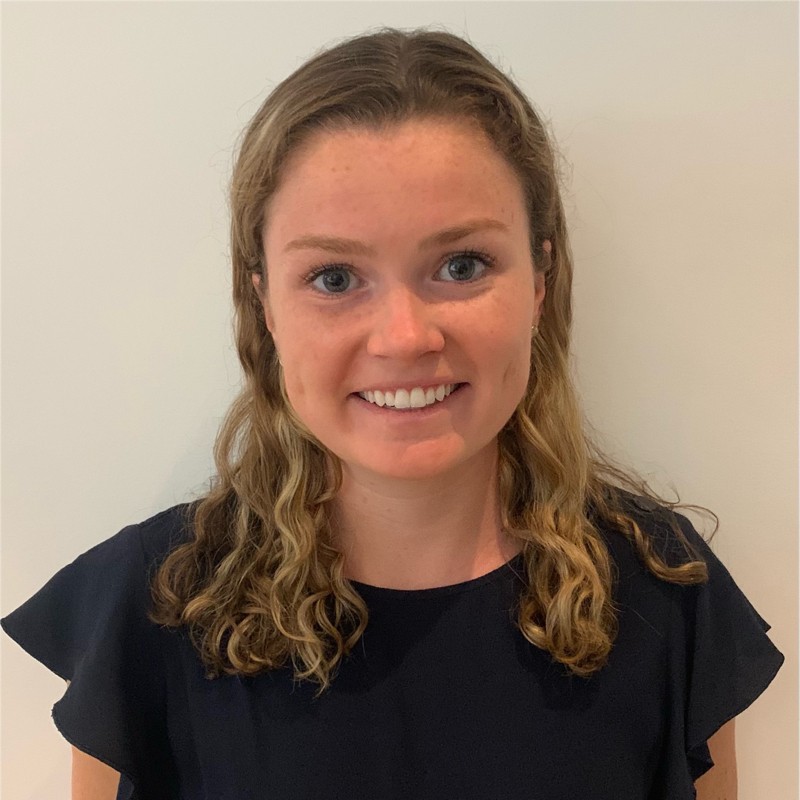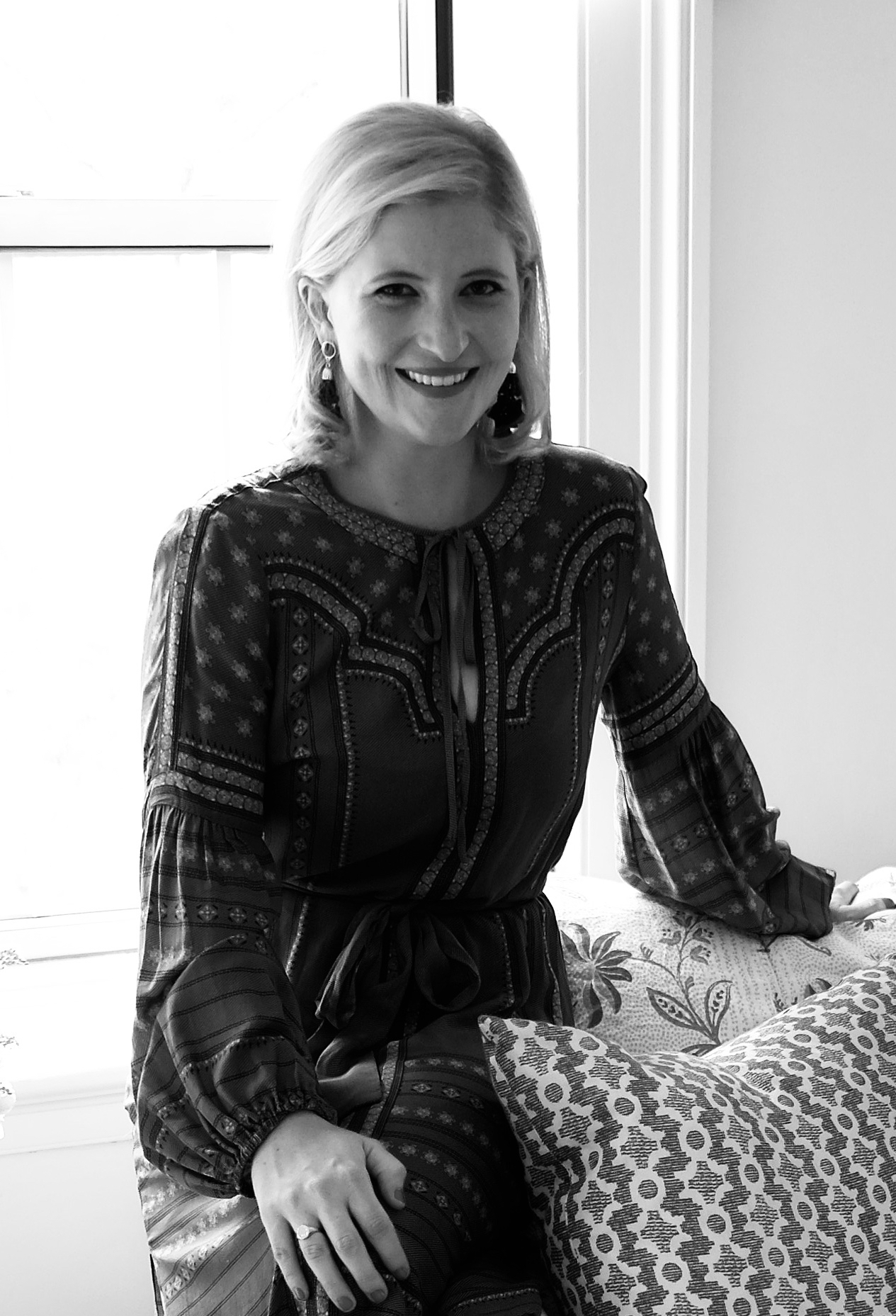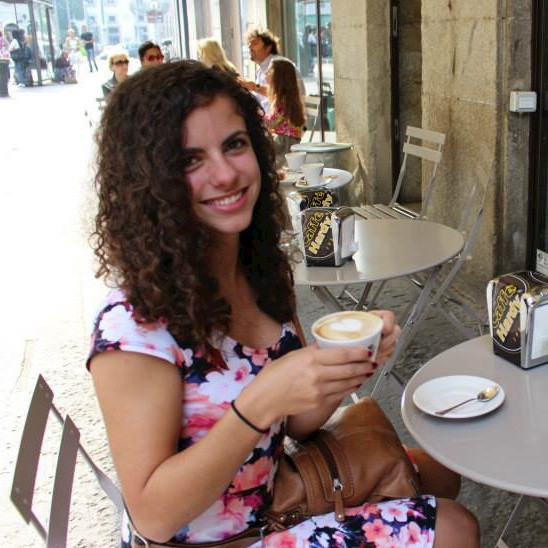Class Year: 2011
Title: College Persistence Counselor
Organization Name: KIPP New Jersey
1. In one sentence, what does your job entail?
Provide specific guidance, advising, social and financial support to help a caseload of primarily first-generation college students pursue their college degree.
2. What planned and unplanned events connected you to your industry and your first employer after Holy Cross? How did you learn/decide it was a good fit for you?
While at Holy Cross I decided to take an Educational Psychology course that really aligned to my interests. I had some success with the course and as a result I developed an interest in education and its impact on low-income communities. Prior to this class, I only knew that I wanted to work within low-income communities but was uncertain about how that might look for me. I began taking a bunch of education and multi-cultural courses to broaden my knowledge of the underpinnings of education in America.
I guess my interest in education as a Latino drew some interest from the wonderful folks at Teach For America who happened to randomly find me one day while I was enjoying a Peanut Butter Protein smoothie at Cool Beans and they got me to apply. A few weeks and 3 interviews later, I received an offer to join the 2011 Corps in Metro Atlanta. With professional football looming in the shadows I took the leap of faith and decided to start my career as an educator.
The process of learning/deciding if this field was a good fit for me is my favorite part of the journey. I learned how important it is to periodically evaluate each phase of your career and to seek alternate opportunities within your field of interest to ensure you get a holistic view of the work before considering a career change. There is a great quote I heard once that goes something like this: “Maybe the journey is more about uncovering who you are not so that you can make room for the person you were always meant to be.”
3. What were you involved in when you were on campus?
Varsity Football – Big Brothers Big Sisters Liaison – Multicultural Peer Educator – Latin American Student Organization
4. What was your major and how did it affect your career decisions?
I majored in Sociology with a concentration in Africana Studies
Sociology allowed me to learn more about communities as a whole and what things impact a community’s overall health. It gave me a holistic view of how different entities like education impact a community and its people. Because I developed this foundational knowledge I felt better positioned to enter the field and make an immediate impact versus going into a totally unfamiliar field and trying to figure it out as I go.
5. What are one or two skills that you developed at Holy Cross that you use in your work?
One of the biggest skills I developed while being at Holy Cross was the importance of preparation and its correlation to success. I came into Holy Cross with poor academic habits and learned quickly that preparation is the great equalizer.
The second skill I developed was how to network effectively. I attended all networking career banquets, alumni events and met with a lot of professors during my time at Holy Cross. All of which allowed me the opportunity to listen, learn and practice effective networking strategies.
6. What advice do you have for students on campus today?
Maximize your time on campus by getting involved: connect with peers, faculty, and alumni often, join clubs and other organizations on campus that might be aligned to your interests. Allow yourself the opportunity to meet people that you normally wouldn’t engage with… there is power in learning different perspectives.
Practice and develop strong routines and habits. Figure out what works for you and what doesn’t. Create an organization system that works for you and use it with fidelity. You’ll be thankful once you jump into your career and already have these things in place.












